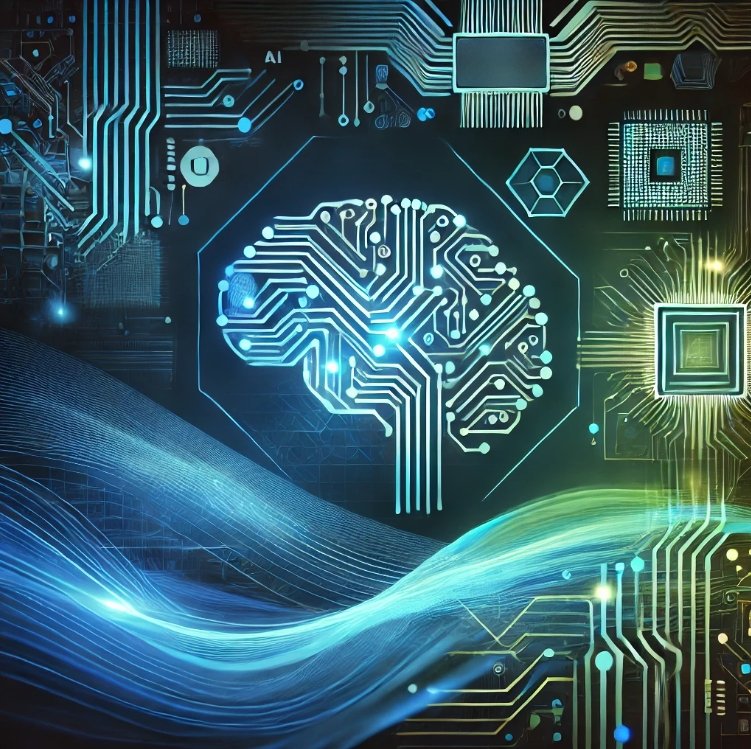The Decisive Edge: New Trends in AI
NICE opens the door to Generative AI in health economic evaluations
NICE has recently completed a series of stakeholder workshops exploring the potential applications, opportunities, and challenges of Generative AI (GenAI) in health economic evaluation (HEE). These discussions build on NICE’s 2024 Position Statement on the Use of AI in Evidence Generation, which acknowledges that AI methods are likely to play an increasing role in future HTA submissions — provided they are used transparently, responsibly, and give clear added value.
Innovating with intelligence: navigating artificial intelligence (AI) medical devices from code to care
In this article, we explore why so many AI‑powered diagnostics and decision‑support tools may stall after regulatory clearance. By tracing the feedback loop between evolving rules, payment incentives, and clinician‑patient confidence, we discuss how each barrier reinforces the next. Despite hurdles, a practical route forward does exist for AI medical devices: harmonised guidance, value‑based financing, and design principles that make algorithms transparent may all facilitate the latest AI innovations in travelling from code to care.
Does the future of evidence-based healthcare lie in autonomous research?
The healthcare landscape is undergoing a profound transformation with the integration of artificial intelligence (AI) meaning that health technology assessment (HTA) stands at a critical crossroads. While a previous discussion examined how generative AI is reshaping traditional HTA processes, a more sophisticated and promising development is emerging: agentic deep research. This approach represents a fundamental reimagining of how evidence is generated, synthesised, and applied to inform healthcare decision-making.
The Role of Artificial Intelligence in Systematic Literature Reviews and PICO Extraction: Progress, Practice, and Prospects in 2025
Systematic literature reviews (SLRs) are critical for health technology assessment (HTA) and regulatory submissions. However, the volume of published studies and the complexity of data extraction make SLRs labour-intensive and time-consuming. Artificial intelligence (AI), in particular natural language processing (NLP) and large language models (LLMs), has been progressively integrated into SLR workflows to support evidence identification and structured data extraction, especially for the core elements of Population, Intervention, Comparator, Outcomes, and Study design (PICOS).
The Transformative Potential of Generative AI in Health Technology Assessment
Generative artificial intelligence (AI) is swiftly transforming industries, and health technology assessment (HTA) is no exception. A recent ISPOR Working Group Report, published in Value in Health, examines how generative AI, including large language models (LLMs), can improve HTA processes while emphasising the necessity for human oversight.






